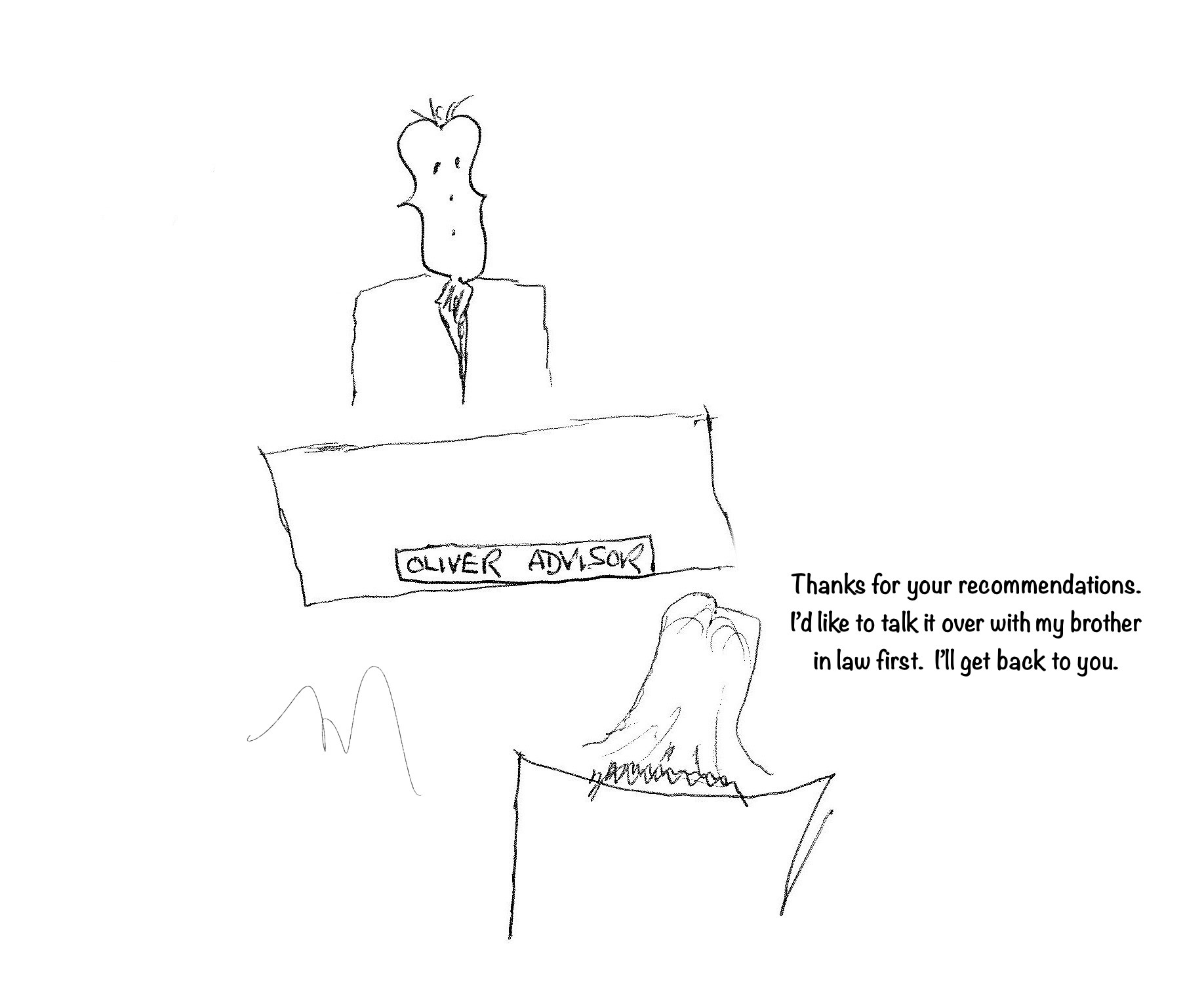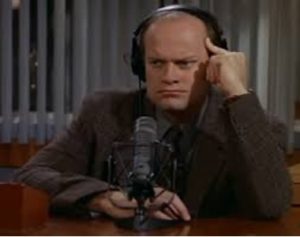Many clients have told me that it sometimes seems like I’m their priest or therapist as much as their Investment Advisor. This makes me feel wonderful because it shows they trust me enough to share their most personal concerns. Understanding clients’ priorities and values is so important as it helps me to offer the best financial advice. Knowing this, I decided that I should work on my soft skills of personal communication just as much as I do on the hard skills of investing and planning.
So, I pulled an old book off the shelf recently and gave it a partial re-read. The Lost Art of Listening (Guilford Press) by Michael Nichols is an excellent guide to being a better listener and improving relationships. As I flipped through the book this time, I was looking for clues to improve my listening as an advisor. The book was never really meant for that purpose, but it does explain that communication between friends often carries fewer barriers than it does with partners, family and loved ones. There is less of an emotional dynamic when friends share; there is less judgement, less defensiveness.
On one hand, I think a trusted advisor can establish the same type of rapport as a friend and make clients feel comfortable sharing. But I also know (because I have been told this many times before) that clients face obstacles in communicating.

Here are some of the things clients have mentioned that have made them put off a meeting with me or have made them refrain from discussing financial decisions:
“I worry about looking dumb. I should know more about this, but I don’t. I don’t like not knowing what I’m talking about”
“I was worried about the markets and I didn’t want to look like a wimp. I know I shouldn’t let this stuff bother me and that I should focus on the long term, but seeing values fall was really stressing me out”
Notice how the clients blame themselves with the term “I should” and how they believe it’s wrong to feel the way they do. For my part, I feel like I have let them down by not making them feel more comfortable telling me exactly how they are feeling and what their concerns are.
Isn’t this starting to sound like a real relationship? “I thought that you… but you thought that I… I’m so sorry… I’m glad you told me… And what is the solution? Communication. The groundwork for open communication is trust. Trust comes when clients know you care.
Nichols ends the book by saying this:
“Caring about someone doesn’t require a great deal of deliberate thought; it’s something you feel. Caring about a person almost automatically impels you to act with consideration for him or her. This consideration isn’t wholly unselfish, because to care about someone means that your well-being is tied up with theirs. When a bad thing happens to someone you care deeply about, something bad happens to you as well. But showing that you care, suspending your own interests and making yourself available to the other person, takes some effort. It means devoting alertness to another’s well being.”
As an advisor, my sole purpose is to advance my clients’ well-being. I care a great deal about them. Please don’t hesitate to tell me what’s on your mind. There is never is anything wrong with what you might be feeling and certainly there will never be any judgement from me. So, talk to me. As this man always said, I’m listening.


